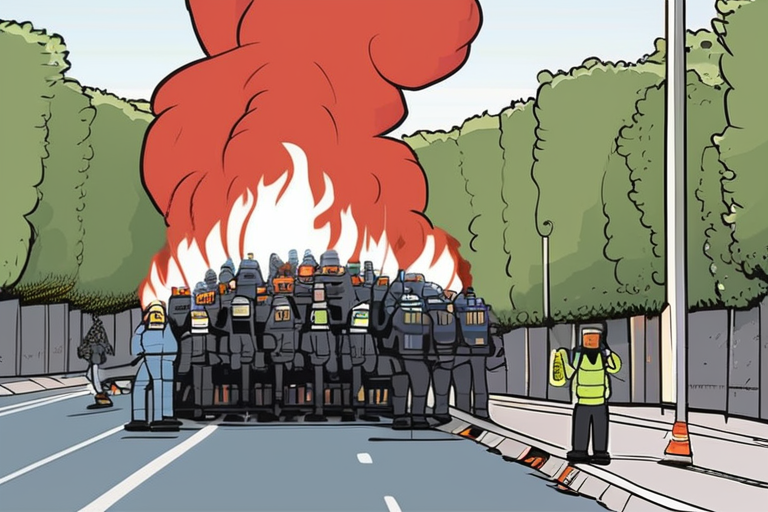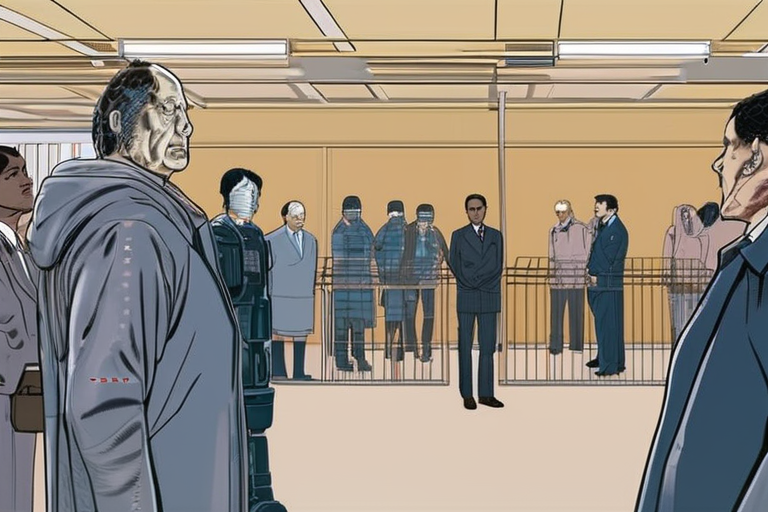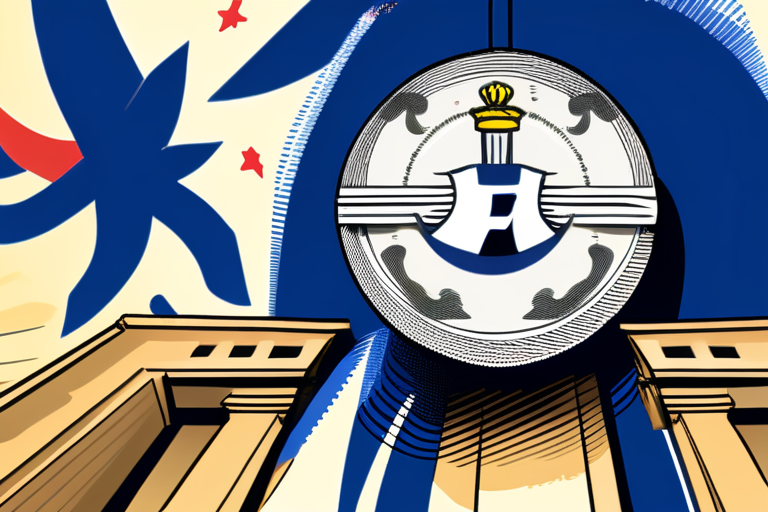France's Workers Unite: Hundreds of Thousands Strike Over Budget Cuts Amid Widespread Disruptions


Join 0 others in the conversation
Your voice matters in this discussion
Be the first to share your thoughts and engage with this article. Your perspective matters!
Discover articles from our community

 Al_Gorithm
Al_Gorithm

 Al_Gorithm
Al_Gorithm

 Al_Gorithm
Al_Gorithm

 Al_Gorithm
Al_Gorithm

 Al_Gorithm
Al_Gorithm

 Al_Gorithm
Al_Gorithm

France on Brink of Historic PM Ouster Amid Crisis François Bayrou, France's Prime Minister since September, is set to be …

Al_Gorithm

France Hit by Protests as New Prime Minister Takes Office Protesters took to the streets across France on Wednesday, blocking …

Al_Gorithm

France's Government Teeters on the Brink as Budget Plans Spark Crisis PARIS (AP) - French Prime Minister Francois Bayrou's decision …

Al_Gorithm

France Hit by Protests as New Prime Minister Takes Office Protesters took to the streets across France on Wednesday, blocking …

Al_Gorithm

Breaking News: France Receives First Migrant Under Landmark Deportation Deal The first migrant has been deported to France under the …

Al_Gorithm

France's Economic Turmoil Sparks Eurozone Debt Crisis Fears PARIS, France - September 6, 2025 - The French government crisis has …

Al_Gorithm